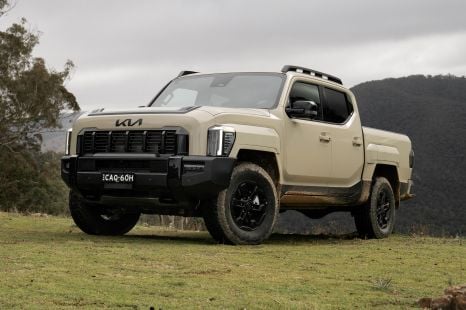

Josh Nevett
3 Days Ago
The Range Rover Electric is a marvel of modern day engineering, so why is the British brand keen to play down its electrification and focus on the brand instead?

Publisher
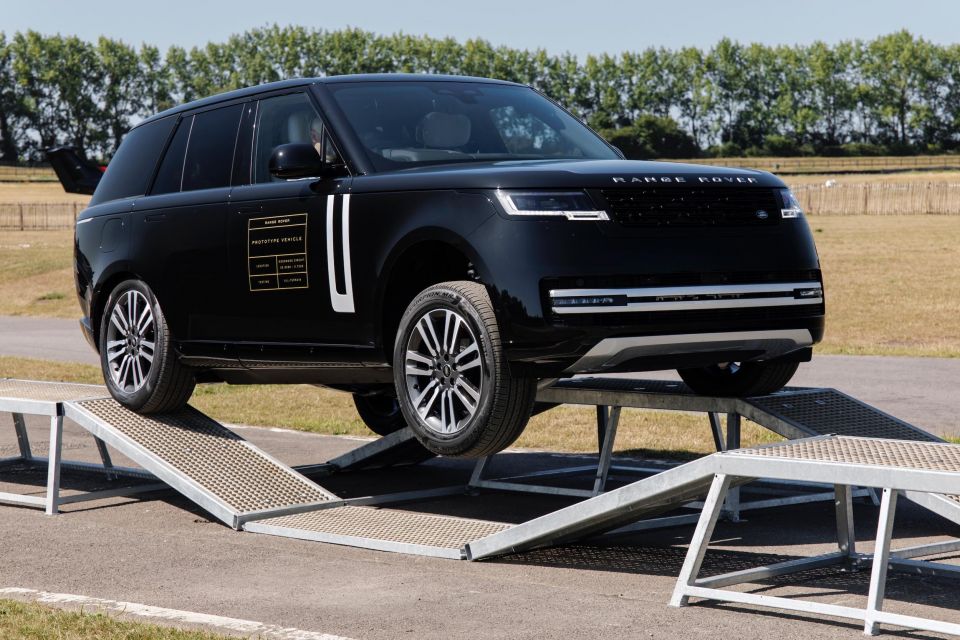

Publisher
JLR is well down the path of introducing its first electric Range Rover, which is expected sometime next year, but the company’s approach is as notable for how long it has taken to come to market as it is about the philosophical debate around electrification.
With JLR’s previous electric vehicle (EV), the Jaguar I-Pace, not having performed well in both the sales and reliability charts, the company is adamant that this time it will wait until it’s ready to release the Range Rover EV.
Rather than reimagining an all-new Range Rover, the company has opted to adapt its existing design and platform to accommodate an electric powertrain, a move summarised by its internal philosophy: “Don’t change it, just make it better.”
Hundreds of new car deals are available through CarExpert right now. Get the experts on your side and score a great deal. Browse now.
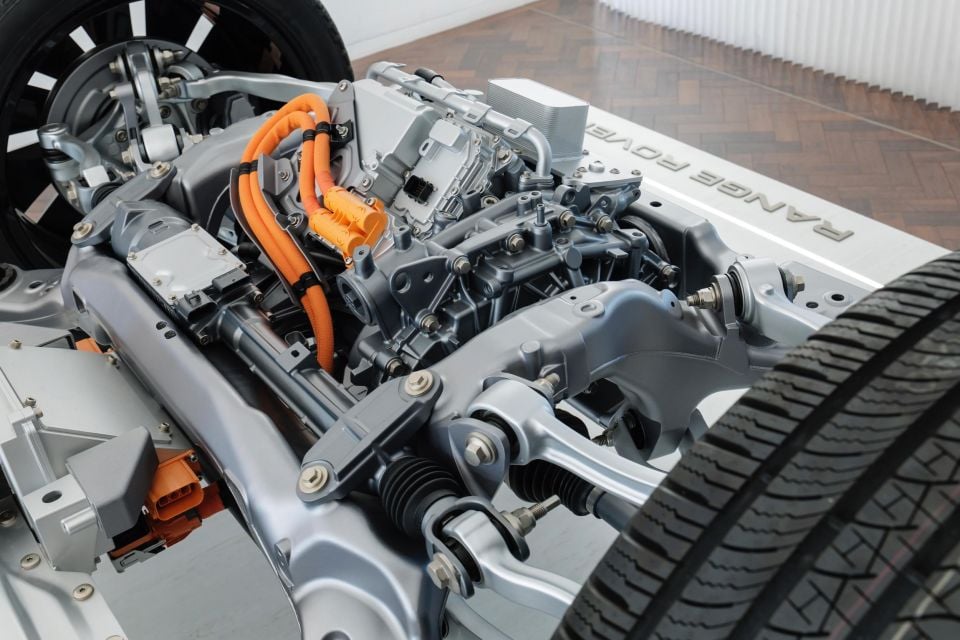
The electric variant sits on the same flexible platform as the petrol, diesel, and plug-in hybrid Range Rovers and come down the same production line.
It features a substantial 118kWh usable battery – comprising 344 prismatic cells using NMC (nickel manganese cobalt) chemistry – supplying energy to the dual-motor setup producing 404kW of power and 850Nm of torque.
The company claims the battery and the motors are designed and manufactured in-house, although the cells themselves likely come from BYD (Land Rover wouldn’t confirm its battery supplier).
Despite the new drivetrain, key characteristics such as cabin layout, boot space, and off-road geometry remain unchanged. There’s also no front boot, which the engineers told is deliberate as to not add elements customers don’t need.
“This is about integrating electric propulsion into what is an established Range Rover design,” said Lynfel Owen, chief engineer of vehicle engineering.
“So you know, the target was always, how do we look at today’s cars, our combustion engines and everything we do today? How do we make that better with EV propulsion?”
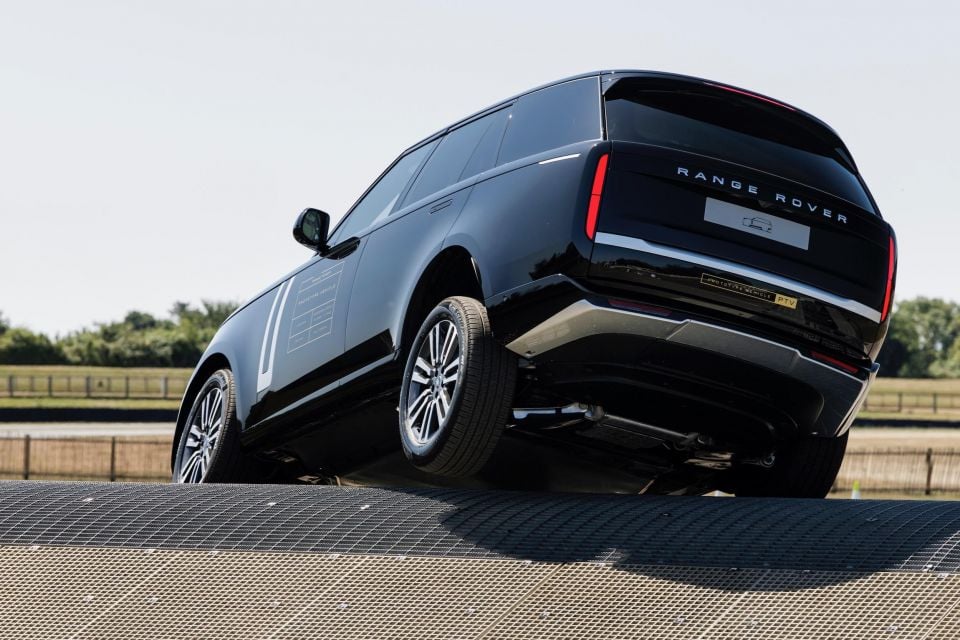
The engineering team focused on maintaining performance and ride quality. According to Mr Owen, the Range Rover Electric benefits from upgraded suspension components – including dual-valve air springs and revised bushings – specifically tuned to handle the demands of an electric setup.
Torsional rigidity is also up, with this model claiming the title of the stiffest Range Rover to date.
While many EVs introduce entirely new driving experiences (like Mercedes-Benz’s electric G-Wagen), Land Rover is banking on familiarity. Terrain modes from combustion models have been retained, and the company has developed its own intelligent traction control system (ITM) to manage torque across all four wheels.
The ITM system allows for millisecond-level torque vectoring between wheels, with cross-axle capability and the ability to emulate both two-wheel and four-wheel drive. It replaces traditional mechanical driveline components with software precision, providing finer control in both on- and off-road environments.
“We’ve optimised all of the terrain modes for Range Rover Electric,” Mr Owen explained. “It’s about making it actually comfortable off-road and reducing driver demand in challenging conditions.”
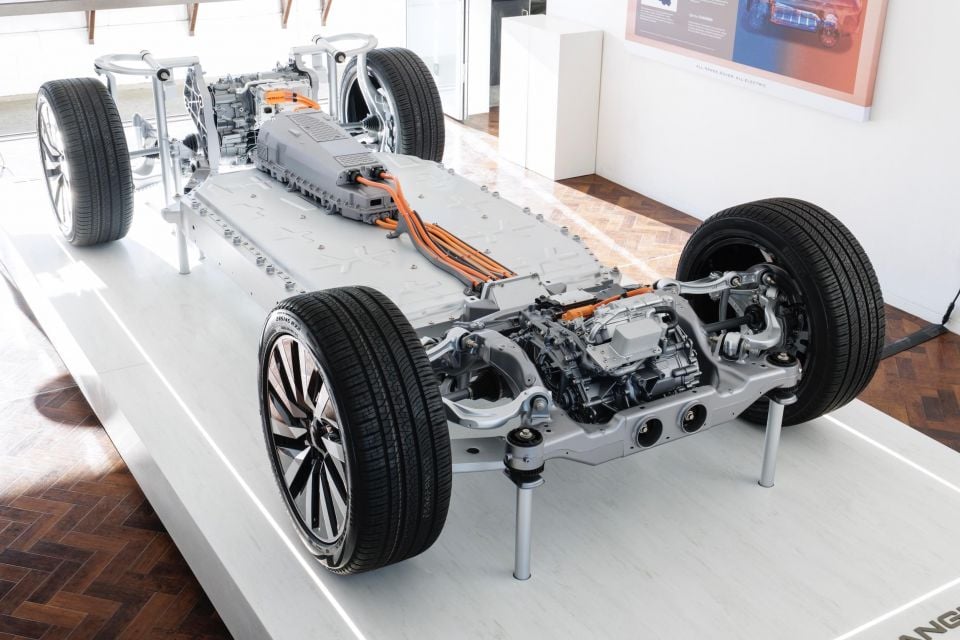
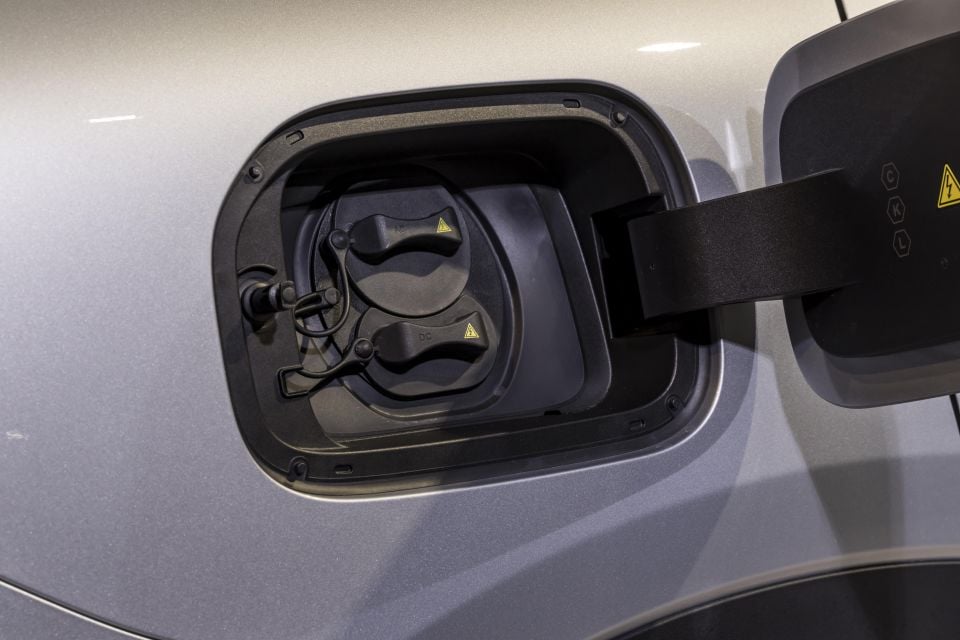
The model also includes adaptive thermal management with a proprietary heat pump system designed to improve efficiency and comfort.
Land Rover says the system can operate in temperatures as low as -15°C, recovering waste heat to reduce energy consumption by up to 40 per cent compared with the brand’s previous electric vehicle, the Jaguar I-Pace.
While other manufacturers often borrow EV components from shared platforms, Land Rover’s vertically integrated approach reflects its aim to control the Range Rover Electric experience end to end. It may look familiar, but beneath the skin, this is the most technologically advanced model the company has built.
With more than 62,000 customers already expressing interest globally, the Range Rover Electric appears to be landing well with buyers looking for electrification without dramatic change.
CarExpert does the hard work to get you the best price. No negotiating, no hidden costs, just expert help and real savings on your next new car.
Alborz is the founder of CarAdvice (sold to Nine and now Drive) and co-founder of CarExpert. He is an honourary adjunct professor & entrepreneur in residence at the University of QLD. He loves naturally-aspirated V8s, V10s and V12s and is in denial about the impending death of the internal combustion engine. The best way to reach him is via Instagram.


Josh Nevett
3 Days Ago
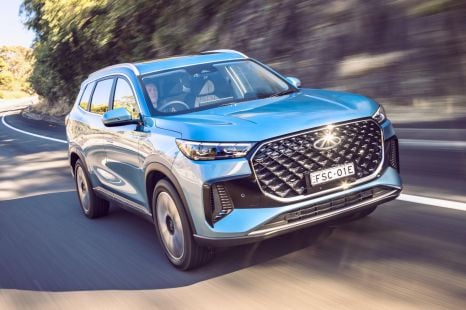

Max Davies
3 Days Ago
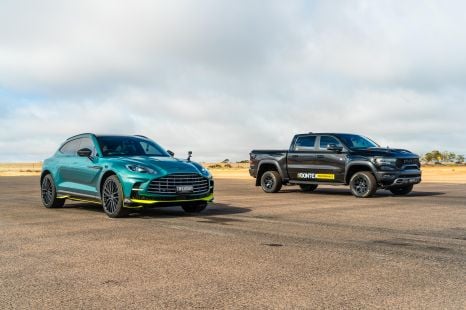

Paul Maric
3 Days Ago
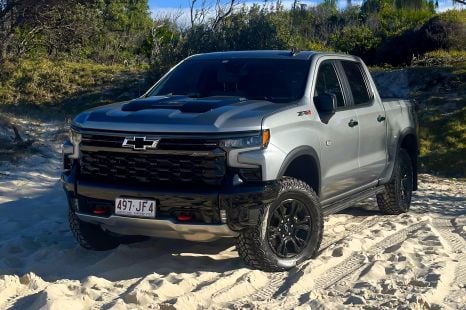

William Stopford
2 Days Ago


Marton Pettendy
2 Days Ago
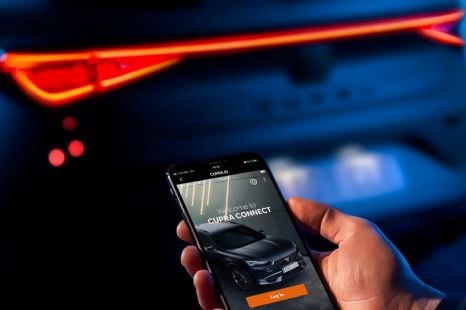

James Wong
2 Days Ago